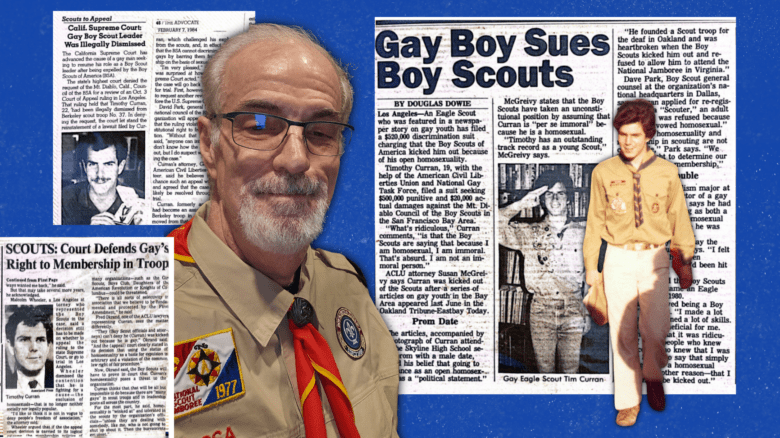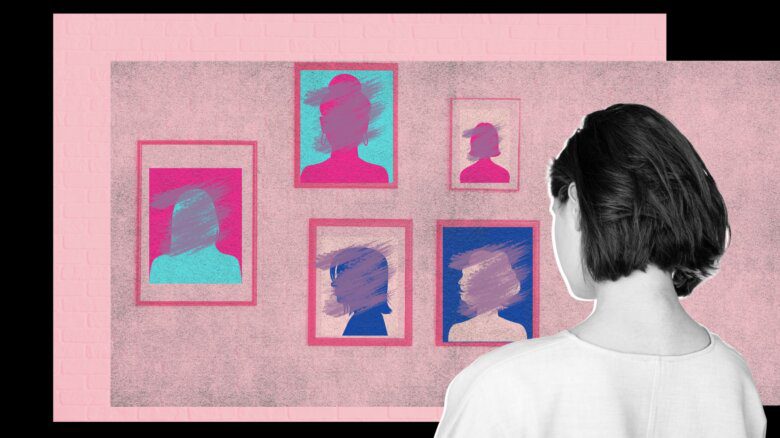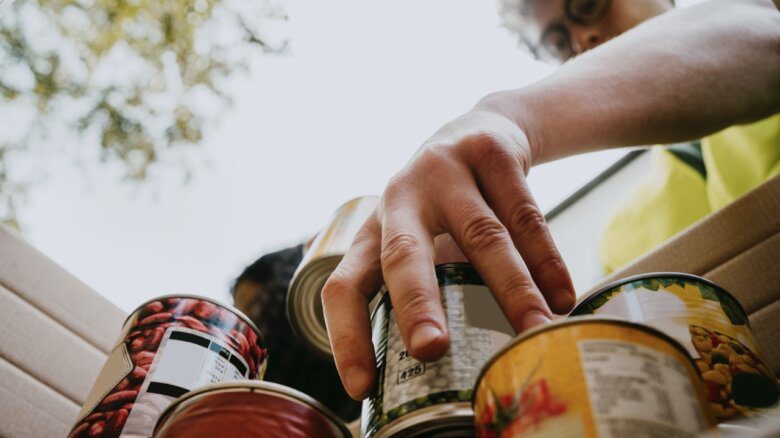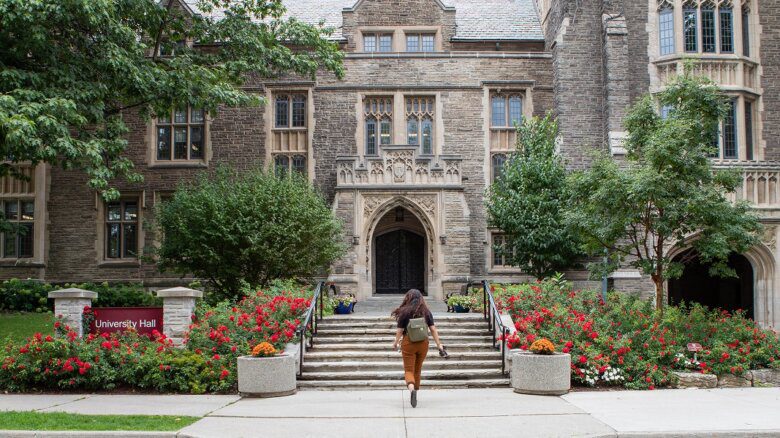If Arizona cracks down on gender-affirming medical care for trans youth, Skyler Morrison and her family will have to move. It wouldn’t be the first time they were forced out of their own state by transphobic legislation: the Morrisons left Texas in 2017 following the introduction of a series of bathroom bills seeking to ban trans people from using restrooms in alignment with their gender identity.
“I remember being scared, angry, disappointed and confused—so many different feelings at such a young age,” Skyler tells Xtra. “When I was younger, I couldn’t understand why people would make such horrible bills against innocent children, but now as I’m getting older, I understand.”
Skyler, who is now 13, grew up in the crosshairs of debates over trans rights. In 2017, her public school in Texas banned her from using the girls’ restroom, instead forcing her to use either a single-stall facility in the nurse’s office or a teacher’s bathroom in the library. The nurse’s stall was frequently locked, and adults who weren’t aware of her gender identity would frequently block her from using the faculty restroom, telling her it was off-limits to students.
The Morrisons moved to Arizona seeking a fresh start. Skyler says they believed the state “would be a lot safer” for trans youth than the one they had left, which introduced a record 70 bills targeting the LGBTQ2S+ community last year. But Arizona has begun to follow in Texas’ footsteps, with 15 pieces of legislation tabled in 2022 that seek to deny basic rights and resources to queer and trans people.
Accompanied by her parents, Skyler testified against the worst of these bills at a Feb. 9 hearing before the Health and Human Services Committee in the Arizona Senate. Senate Bill 1138 would bar doctors and other medical professionals from offering “gender transition procedures” to trans youth under the age of 18.
“Arizona has begun to follow in Texas’ footsteps, with 15 pieces of legislation tabled in 2022 that seek to deny basic rights and resources to queer and trans people.”
Skyler told Arizona state senators in her speech that SB 1138 would be “so extremely harmful to me and my mental health” if it were signed into law.
“I know who I am and I know who I continue to be and this bill is a direct roadblock in my journey to becoming fully comfortable in my own body,” she said at the time, while also noting that many friends had confessed to her that “they wouldn’t be here today if it weren’t for their gender-affirming medical care.”
SB 1138 was eventually killed by the committee just hours after Skyler’s speech. What made the 4-4 vote particularly meaningful for trans Arizonans and their families is that the deciding vote was cast by a Republican lawmaker, who said his mind was changed after hearing from Skyler and others who would be negatively impacted by SB 1138.
Sen. Tyler Pace, who did not respond to requests for comment on this story, joined three Senate Democrats in voting against the bill. While Pace claimed that it is his opinion that youth should wait until they are adults to receive gender-affirming care, he didn’t want to halt treatments for those whom it had been beneficial.
“The testimonies we heard today about the many people who are using these avenues of medical treatments to save lives, to improve lives,” Pace said in comments cited by the local news outlet Arizona Mirror. “I don’t want my vote to stop those great things.”
Lizette Trujillo, who spoke to the committee on behalf of her trans son, says that she was surprised to see Pace come out against SB 1138 just days after voting in favour of a bill restricting sports participation for trans youth, mirroring similar legislation in dozens of other states. She tells Xtra that she left the room when the final votes were tallied because she kept telling herself: “It’s going to pass. We’re going to have to keep going.”
Trujillo says she felt “shock and relief” when SB 1138 was voted down. As someone who has been speaking out against anti-trans legislation since 2019, she adds that it was also gratifying to see that their family’s activism is “working in small ways.”
“That’s the power of visibility,” Trujillo says. “Visibility is so important because it ensures that people know that we’re here, that our children are here, that our families are here and that our children are loved. Proximity changes hearts, and the love that we have for our kids is undeniable.”
To trans youth and their families, the death of SB 1138 signified a rare moment of getting to witness hearts and minds actually be changed, but the victory was also short-lived. Within hours, the legislation was brought back in an amended form. The new draft of SB 1138 has a narrower focus, now only applying to surgical interventions on trans minors.
Critics remain unequivocal in their condemnation of any legislative effort to reduce the kinds of medical care that can be offered to trans kids. Andrew Morrison, Skyler’s father, says it’s “frankly dumb” that their family is “continuously having to fight for her basic human rights.”
“This is all based on willful ignorance,” Andrew tells Xtra. “It’s all based on pandering to one’s base and securing the vote for the next election.”
But Andrew says that he remains hopeful that SB 1138 and other bills attacking queer and trans Arizonans will also meet their demise this year. While dozens of states consider “Don’t Say Gay” laws restricting LGBTQ2S+ education in schools, Arizona’s is among the worst. The legislation would effectively force teachers to out students to their families by making it a crime to withhold information on their sexual orientation or gender identity.
Arizona’s “Don’t Say Gay” bill has yet to come up for a vote, but Andrew believes that if Pace was able to be swayed, others could follow.
“If one person can change, then that means that another person can change down the line, and then another person and just on and on,” he says. “I don’t think it’s by any means exponential—or not yet, at least—but I think we’ll get there. I certainly do.”
Skyler says she plans to continue fighting against anti-trans legislation as much as she can, but one day she hopes she doesn’t have to. Each time she learns about yet another bill harming the LGBTQ2S+ community, she says she feels a familiar “pit in my stomach” thinking about the friends and other youth it would impact. She adds that kids like her shouldn’t be “shouldn’t have to fight for our rights at such a young age.”
“I feel like my childhood was ripped away by these legislators, and I feel like they don’t realize how much these bills affect us,” she says. “I really want to show them.”
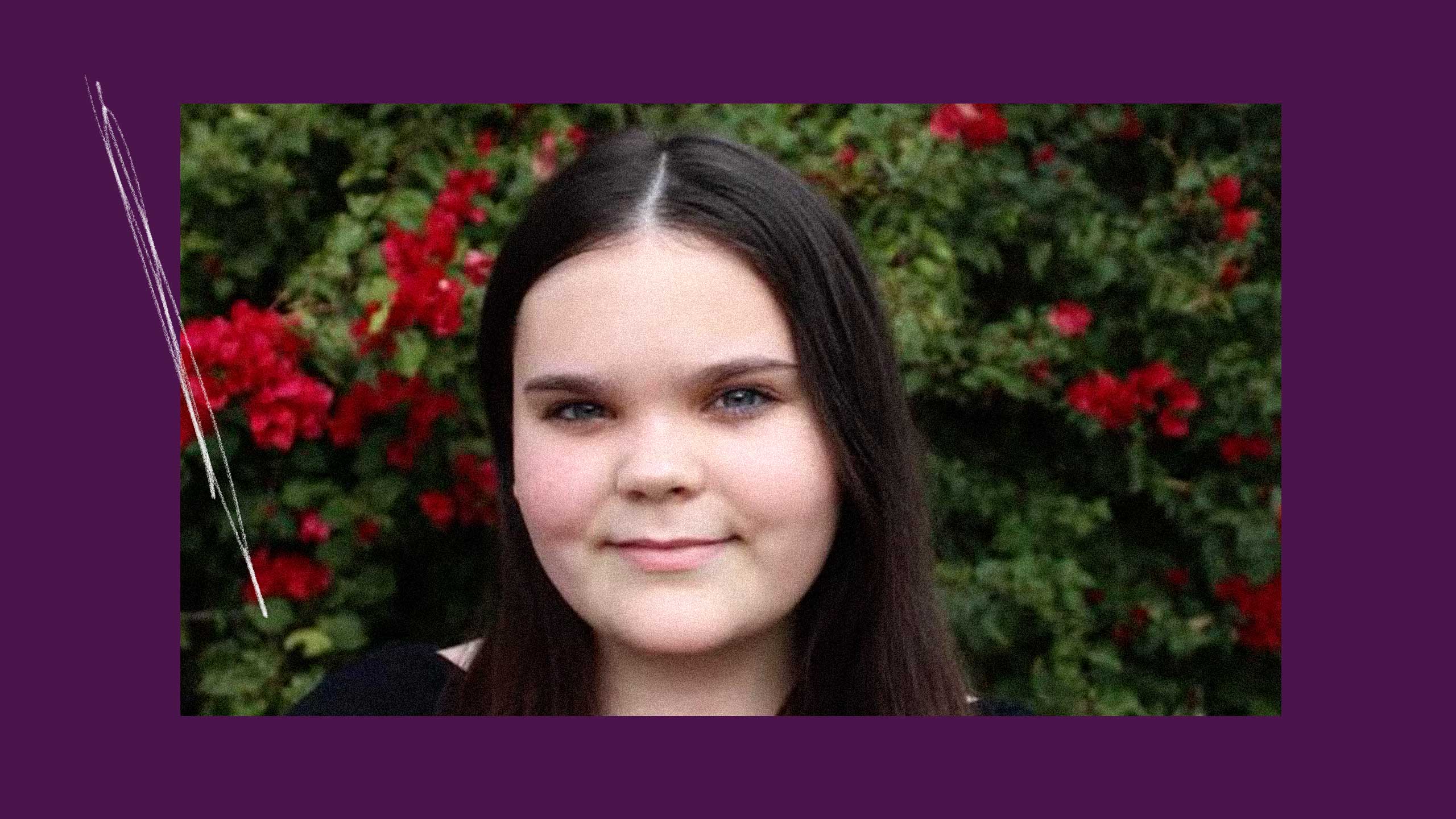

 Why you can trust Xtra
Why you can trust Xtra